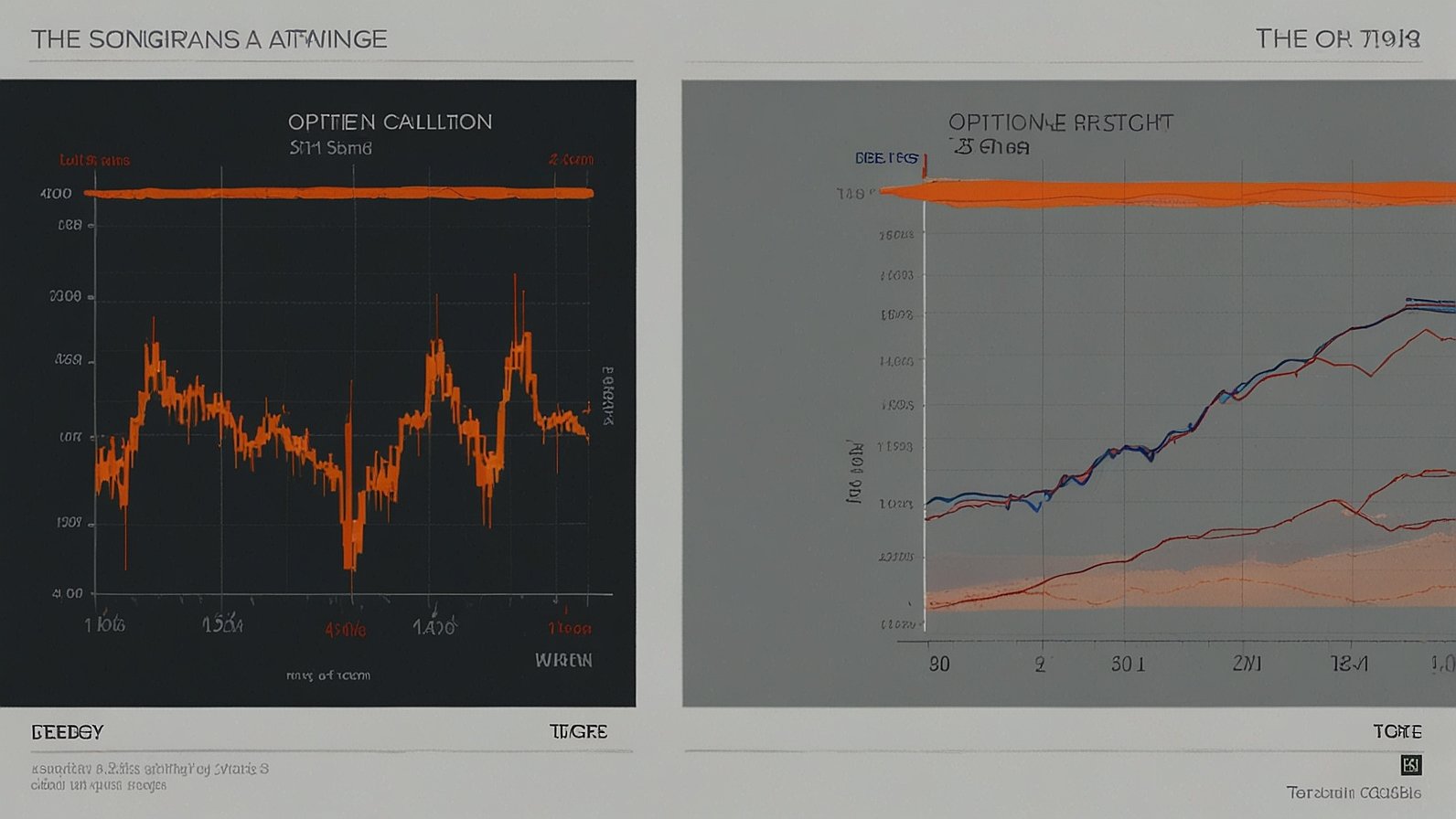Preparing for an electrical licensing exam can be daunting for many aspiring electricians. The pressure to perform well, combined with the broad scope of technical knowledge required, often leads to stress and anxiety. If not managed, this anxiety can undermine focus, disrupt study patterns, and ultimately impede exam performance. For those working toward earning credentials, including passing the Georgia electrical exam, managing this anxiety is crucial to reaching their career goals. Understanding and implementing effective strategies to cope with stress can make the process both bearable and empowering.
The Source of Exam Anxiety
The fear of failure, high stakes, or past experiences with test-taking often causes exam anxiety. Notably, electrical licensing exams are weighted because they require passing marks needed for career progression and increased opportunities. Candidates may feel overwhelmed by the range of topics covered, from circuitry to wiring codes and safety regulations to state-specific requirements. The pressure from this complex material is only compounded, so some feel ill-prepared despite their best efforts.
To combat these feelings, it is imperative to break down what is causing exam-related stress. Test takers can create targeted coping strategies by recognizing the triggers and fears that lead to anxiety. One effective way to reduce stress is to reframe how you view the test: Think about it as a way to get to the top of your career and a chance to cement your knowledge.
A Strategic Study Plan
Creating a well-structured and consistent study plan is one of the most powerful tools to reduce exam-related anxiety. The organization helps people break the material into manageable chunks to make it less overwhelming. Candidates should focus on high-yield topics that are covered on the exam very often and study efficiently to cover all the topics. This method allows you to return to challenging or weak sections without the pressure to do it at the last minute.
And study environments matter. A space that is quiet and free of distraction helps candidates focus and retain the content. If you want to maximize the results, consider practicing questions, mock exams, and teaching other people active learning techniques. Mock tests help candidates get used to the format, time constraints, and testing atmosphere, which can help reduce anxiety in candidates.
A good balance of study time with breaks is also essential. Burnout and heightened anxiety are the results of continuous study marathons. Instead, focus on things like the Pomodoro method, in which concentrated study periods are followed by brief breaks to refresh the mind. This balance keeps you in energy and from being stressed out, yet you make steady progress.
Preparing for the Day of the Exam
Creating study plans is only part of effective stress management. To be in the best shape for exam success, candidates must look after their physical and mental well-being. Fatigue is a factor—lacking sleep exacerbates anxiety and impairs memory, so you can’t retain information and think clearly during the test. Start with a consistent sleep schedule leading up to the exam date.
Incorporating exercise into your daily routine can also work wonders. Physical activity and relaxation release endorphins, the body’s natural mood elevators. Short walks, stretching, or yoga provide much-needed psychological clarity and stress relief.
Maintaining Confidence and Perspective on Exam Day
Confidence is an essential factor in exam performance. If you are not prepared, you will quickly panic, so it is necessary to get there with a positive mindset and trust in your preparation. A pre-exam routine might include calming exercises, reviewing key points, and making sure all needed materials are available. This is an excellent routine to help settle nerves and reinforce a sense of control.
When the exam begins, focus on one question at a time to stay calm. If you encounter a difficult question, skip past it and return to it later; don’t get stuck. You need to pace so that you can try all the questions. Perfection is not the point; remember, it’s about doing your best with what you know. If you can keep a balanced perspective and see the exam as a learning opportunity, you will reduce the amount of anxiety and have a better chance at success.
Conclusion
To overcome exam anxiety when preparing for electrical licensing exams, you must have done the prep work, learned how to manage stress, and most importantly, have that positive mindset. With a strategic study plan, the care you take of your physical and mental health, and an attitude of confidence on exam day, it can be a catalyst for success, rather than anxiety. The taking of the fear and becoming an electrician can earn you a license and give you skills that will be used forever. The path may be hard, but the payoff is very much worth it.











